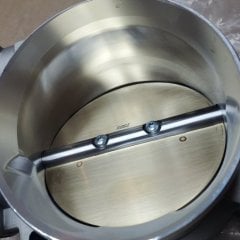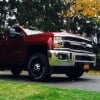Anybody have 5.3 start consuming oil after a tune to disable AFM?
Oil consumption started after tune to disable AFM
60 members have voted
-
Similar Content
-
- 2 replies
- 634 views
-
- 4 replies
- 5,110 views
-
- 0 replies
- 575 views
-
provocative catch can video, correction or mask of primary issues
By customboss,
- vvt
- crankcase venting
- (and 19 more)
- 3 replies
- 1,702 views
-
- 15 replies
- 13,430 views
-
-
Recently Browsing 0 members
- No registered users viewing this page.
-
Forum Statistics
246k
Total Topics2.6m
Total Posts -
Member Statistics
-
Who's Online 15 Members, 0 Anonymous, 1,768 Guests (See full list)

















Recommended Posts
Archived
This topic is now archived and is closed to further replies.